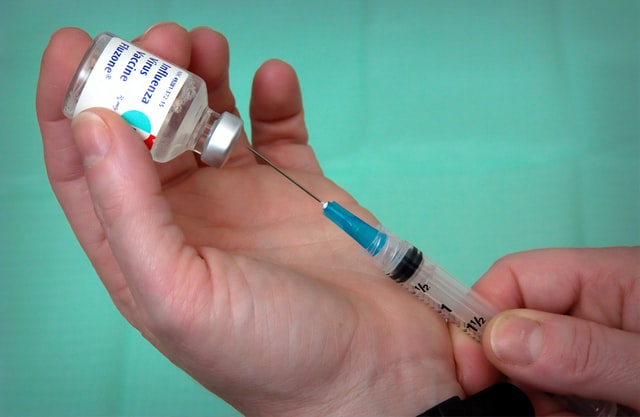Influenza, a.k.a, “the flu,” is a fairly common disease with a huge burden worldwide. It is an acute respiratory illness affecting the upper and/or lower respiratory tract. It is caused by either the influenza virus type A or B. Type A influenza viruses may also be responsible for pandemics via the creation of new and highly contagious influenza A subtypes. There may be little or no resistance to these subtypes.
Influenza is constantly circulating, causing seasonal epidemics in temperate regions and perennial epidemics in certain tropical regions.
Influenza viruses are moving targets where vaccine development is concerned, as they are continuously changing and adapting. This calls for the annual change in vaccine strains to match the influenza strains currently circulating across the world. In the US, annual flu shots are administered as a public health measure to counteract the disease.
Why probiotics
Despite the wide dissemination of influenza vaccines, concerns regarding their efficacy remain, particularly in the elderly. Low vaccine efficacy means inadequate protection and a chance of breakthrough infection. Therefore, efforts are ongoing to improve the immune response to influenza vaccines. Probiotics are one such nutrition-based approach.
As probiotics are live microorganisms with immunomodulatory effects, it has been theorized that these effects may be useful in enhancing the immune responses to influenza vaccination, thus boosting its efficacy. Supplementation with prebiotics and probiotics may provide a convenient and practical solution, with the added benefit of reducing the risk of influenza-related upper respiratory tract diseases.
How probiotics modulate the immune response
We know that trillions of microbes inhabit the human intestine, collectively forming the gut microbiome. Probiotics are “good microbes” with beneficial properties for the host. Supplementation with probiotics is known to modulate the intestinal microflora. Prebiotics are items in our diet that stimulate growth as well as metabolic activity of probiotics. A combination of pre- and probiotics are often administered to patients with gastrointestinal infections and chronic inflammatory diseases.
Probiotics also induce the production of protective cell products and suppress inflammation. In addition, probiotics help reduce the severity of allergic reactions and cardiovascular diseases. They are also useful for the suppression of tumor growth.
Probiotics supplementation at the time of vaccination shows initial promise
Preliminary research does seem to support the beneficial effects of prebiotic and probiotic supplementation on antibody responses to influenza vaccination. Concomitant prebiotic and probiotic supplementation showed some improvement in the protective effect of influenza vaccination and lowered the subsequent risk of flu-related illness or death. However, further studies are needed to confirm this finding.



